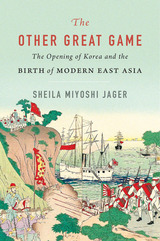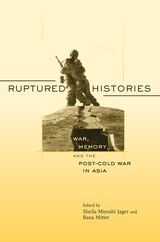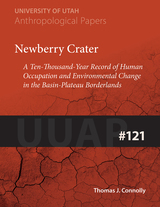
A dramatic new telling of the dawn of modern East Asia, placing Korea at the center of a transformed world order wrought by imperial greed and devastating wars.
In the nineteenth century, Russia participated in two “great games”: one, well known, pitted the tsar’s empire against Britain in Central Asia. The other, hitherto unrecognized but no less significant, saw Russia, China, and Japan vying for domination of the Korean Peninsula. In this eye-opening account, brought to life in lucid narrative prose, Sheila Miyoshi Jager argues that the contest over Korea, driven both by Korean domestic disputes and by great-power rivalry, set the course for the future of East Asia and the larger global order.
When Russia’s eastward expansion brought it to the Korean border, an impoverished but strategically located nation was wrested from centuries of isolation. Korea became a prize of two major imperial conflicts: the Sino-Japanese War at the close of the nineteenth century and the Russo-Japanese War at the beginning of the twentieth. Japan’s victories in the battle for Korea not only earned the Meiji regime its yearned-for colony but also dislodged Imperial China from centuries of regional supremacy. And the fate of the declining tsarist empire was sealed by its surprising military defeat, even as the United States and Britain sized up the new Japanese challenger.
A vivid story of two geopolitical earthquakes sharing Korea as their epicenter, The Other Great Game rewrites the script of twentieth-century rivalry in the Pacific and enriches our understanding of contemporary global affairs, from the origins of Korea’s bifurcated identity—a legacy of internal politics amid the imperial squabble—to China’s irredentist territorial ambitions and Russia’s nostalgic dreams of recovering great-power status.

What has the end of the Cold War meant for East Asia, and for how its people understand their recent history? These thought-provoking essays explore a vigorously contested area in public culture, the wars of the modern era.
All the major East Asian states have undergone a profound reassessment of their experiences from World War II to Vietnam. New and at times aggressive forms of nationalism in Japan, China, South Korea, Vietnam, and Taiwan have affected American security policy in the Pacific and posed a challenge to the post-communist world order. Japan has met fervent opposition to its premiers’ visits to the Yasukuni shrine honoring the wartime dead. China has reclaimed a forgotten war history, such as the positive contributions of Chiang Kai-shek’s Nationalists. South Korea has embraced an interpretation of the Korean War that is hostile to the United States and sympathetic to its North Korean adversaries.
This volume not only illuminates regional and global changes in East Asia today, but also underscores the need for rethinking the Cold War language that continues to inform U.S.–East Asian relations.
READERS
Browse our collection.
PUBLISHERS
See BiblioVault's publisher services.
STUDENT SERVICES
Files for college accessibility offices.
UChicago Accessibility Resources
home | accessibility | search | about | contact us
BiblioVault ® 2001 - 2024
The University of Chicago Press









